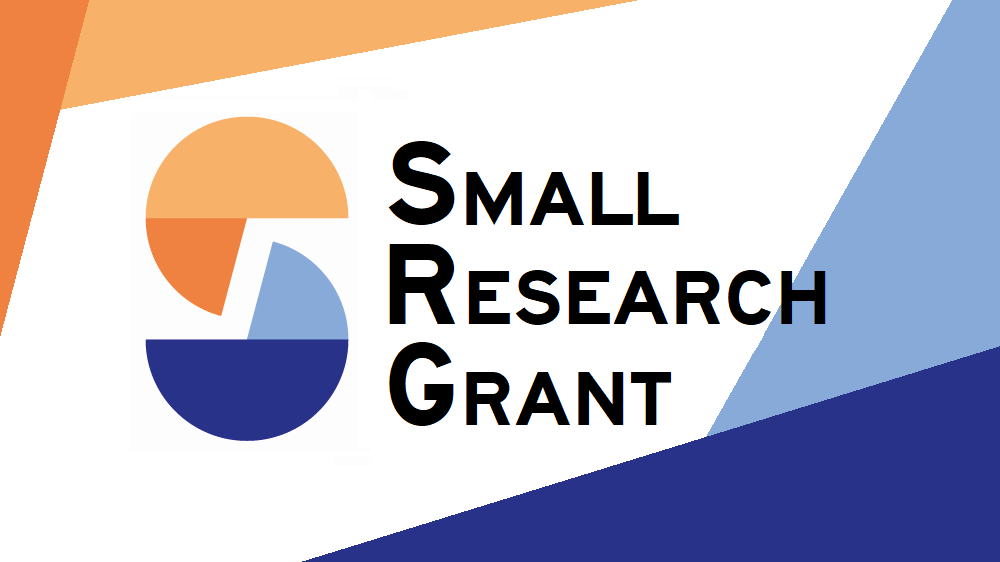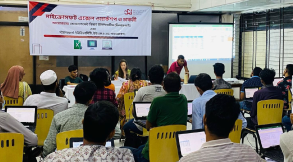Researchers, businesses, and policymakers rely heavily on national statistics when motivating projects and making decisions. It is a common perception that statistics in Sub-Saharan Africa are low quality, however, there is a lack of research investigating the consistency and accuracy of these statistics. This project focuses on determining the magnitude of errors in national statistics by comparing population parameters across multiple national-level surveys since the 1980s in multiple countries of Sub-Saharan Africa.
This project utilises household surveys, population censuses, and individual surveys within each country of study. The research team combines relevant data to calculate population parameters and determine if there are statistically significant differences. This information is then used to develop a consistency measure for each country. Additionally, the team combines discrepancies within countries with national characteristics, such as GDP per capita, to determine if there is any correlation between these characteristics and the country’s consistency measure. Finally, by comparing surveys across countries, the team is able to analyse if certain surveys tend to under- or overreport specific statistics, which could be one of the determinants of population parameter inconsistencies.
Policymakers rely heavily on national statistics to make decisions, and any improvement in the accuracy of these statistics or in understanding the magnitude of errors will allow for better policy decisions. Allocation of funds within a country and grants, loans, and aid to a country tend to be determined by national demographic characteristics. By improving the consistency of these population parameters, policymakers can be more confident in how they allocate resources. Furthermore, this project will shed light on whether population trends over time have been impacted by variation in the surveys instead of variation in the actual population. This may also lead to better survey design choices in order to reduce error, which will improve quality of statistics across Sub-Saharan Africa as a whole.


















































